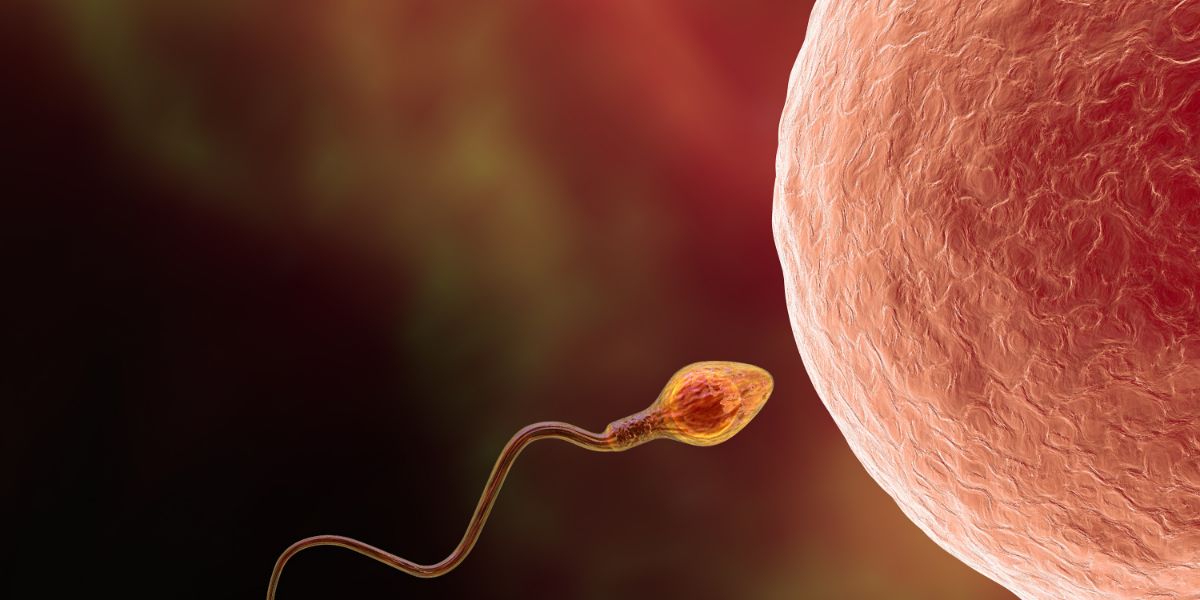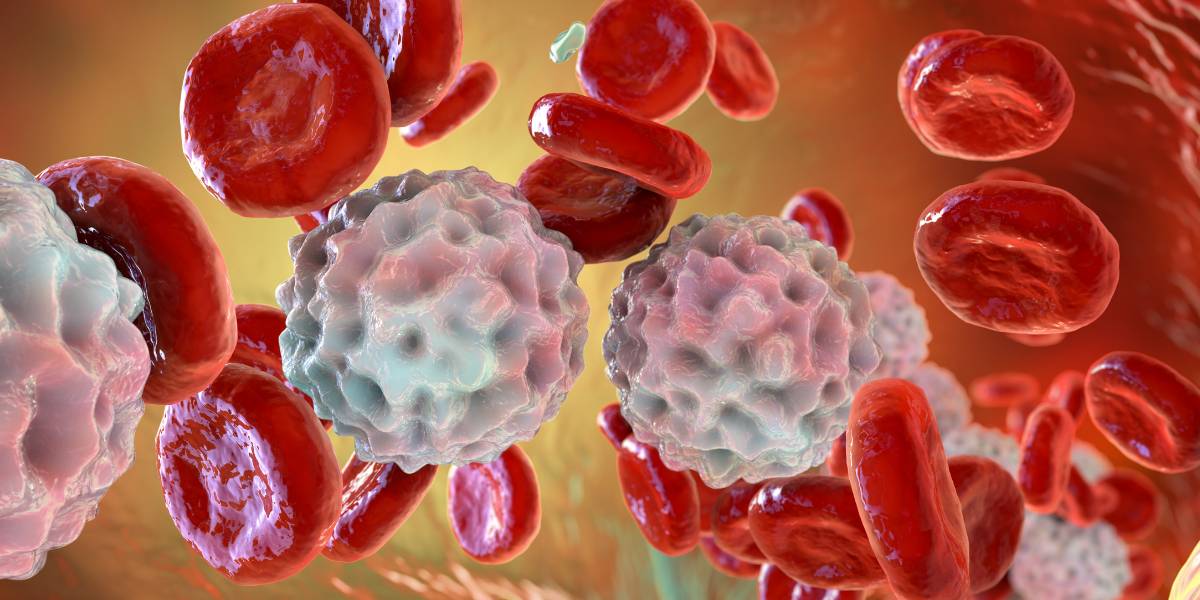Retrograde ejaculation is an uncommon type of ejaculation problem. It occurs when semen enters the bladder instead of coming out through the urethra (the tube in which urine passes) during orgasm.
Retrograde ejaculation can result in male infertility, and treatment would be required for fertility to be restored.
Retrograde ejaculation and diabetes
Diabetes can cause retrograde ejaculation, in which poor blood sugar control over a long-term period leads to neuropathy of the bladder.
Retrograde ejaculation can occur in diabetic males as a consequence of diabetic autonomic neuropathy (nerve damage).
Symptoms of retrograde ejaculation
Retrograde ejaculation does not affect your ability to get an erection, and you can still experience orgasms, but there are certain symptoms you may notice, including:
- Producing cloudy urine following an orgasm
- Dry orgasms (where you ejaculate very little or no semen)
- Infertility
Causes of retrograde ejaculation
Retrograde ejaculation is caused when the muscle at the opening of the bladder (bladder neck muscle) doesn’t tighten properly to prevent ejaculate – which is transported during orgasm from the prostate to the urethra – entering the bladder.
There are several conditions that can cause problems with the bladder neck muscle, which include:
- Surgery – on the bladder neck, urethra or prostate
- Medication side effects – such as those used to treat high blood pressure, mood disorders, prostate enlargement or spinal cord injury
- Nerve damage due to a medication condition – including diabetes and multiple sclerosis
Do I have retrograde ejaculation?
The first sign of retrograde ejaculation will be a dry orgasm where you have very little or no semen. However, this can also be also caused by surgical removal of the prostate or bladder, and radiation therapy to treat cancer in the pelvic area.
You should see your doctor if you have dry orgasms, and if you and your partner have not been able to conceive a child during a year or longer of unprotected sex.
Your doctor will ask about any medications you are o, your sexual history and previous surgeries before conducting a thorough examination of your penis, testicles and rectum.
Diagnosis of retrograde ejaculation will be confirmed if a urinalysis shows a large amount of sperm in your urine. If your doctor is not convinced that retrograde ejaculation is causing your dry orgasms, you may be referred to a specialist.
How is retrograde ejaculation treated?
If you have diabetes
Controlling blood sugar levels is an important step in improving the condition of diabetic males with retrograde ejaculation.
Medication
Certain drugs can be used to treat retrograde ejaculation, such as pseudoephedrine or imipramine, which can keep the bladder neck muscle closed during ejaculation. Sometimes, changing blood pressure medication is also prescribed.
If you are taking certain medication that could cause retrograde ejaculation, stopping that drug can make it go away and restore normal ejaculation.
Surgery
Retrograde ejaculation caused by surgery – to the bladder neck or prostate, for example – is not often correctable due to the permanent physical changes of your anatomy.
Infertility
If severe damage to the nerves or muscles of your bladder has occurred, you will likely need help in order for your partner to get pregnant
A fertility specialist can collect sperm from your urine and used washed sperm to inseminate your partner – this procedure is known as intrauterine inseminatio, in which a small catheter guides the washed sperm inside your partner’s uterus during ovulation.








